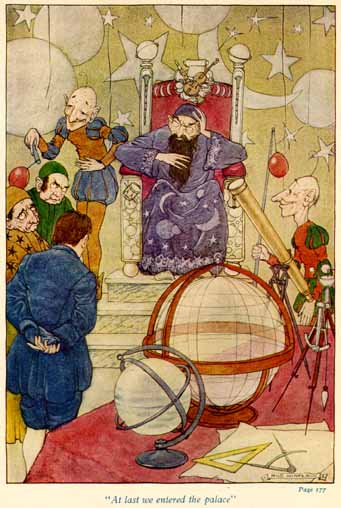

First and foremost, history requires interpreting many different sources to reconstruct an explanation of the
past. The study of history entails reading both primary and secondary sources. Reading cannot be avoided
in a history course. In their quest to reconstruct the past, historians may examine non-written materials as
well such as paintings, engravings, tools, scientific instruments, architecture, or cartoons
Because historians are human (or try to be), the study of history always involves different levels of
interpretation. It is never a simple matter of "Just the Facts." Nevertheless, good history seeks to reach
plausible conclusions based upon the best available evidence. Historians cannot (or, at least, should not)
make things up.
Improve reading & writing skills.
Learn about the uses and abuses of history.
Practice analyzing massive amounts of material.
Practice interpreting facts in historical context.
Practice thinking historically.
Practice using specific facts to support generalizations.
Practice asking thoughtful questions.
Additional Suggestions:
The object of any course should be to learn as much as possible in a limited amount of time (NOT memorize the night before an exam). Like many other subjects, history is cumulative, therefore, you should attend class regularly, listen carefully, take good notes, and ask questions. Keep up with the readings! Do not expect cramming to result in a desirable outcome.
Course Outline:
Most often, survey classes like this one are like the Platte River, an inch deep and a mile wide. Depth of knowledge is often sacrificed to cover a massive amount of material in a limited time. In this class, you will be expected to read the book for breadth. Usually, class lectures and discussion will focus on depth. There will be numerous in-class writing assignments. These will make up part of your participation grade, but will not be given number grades.